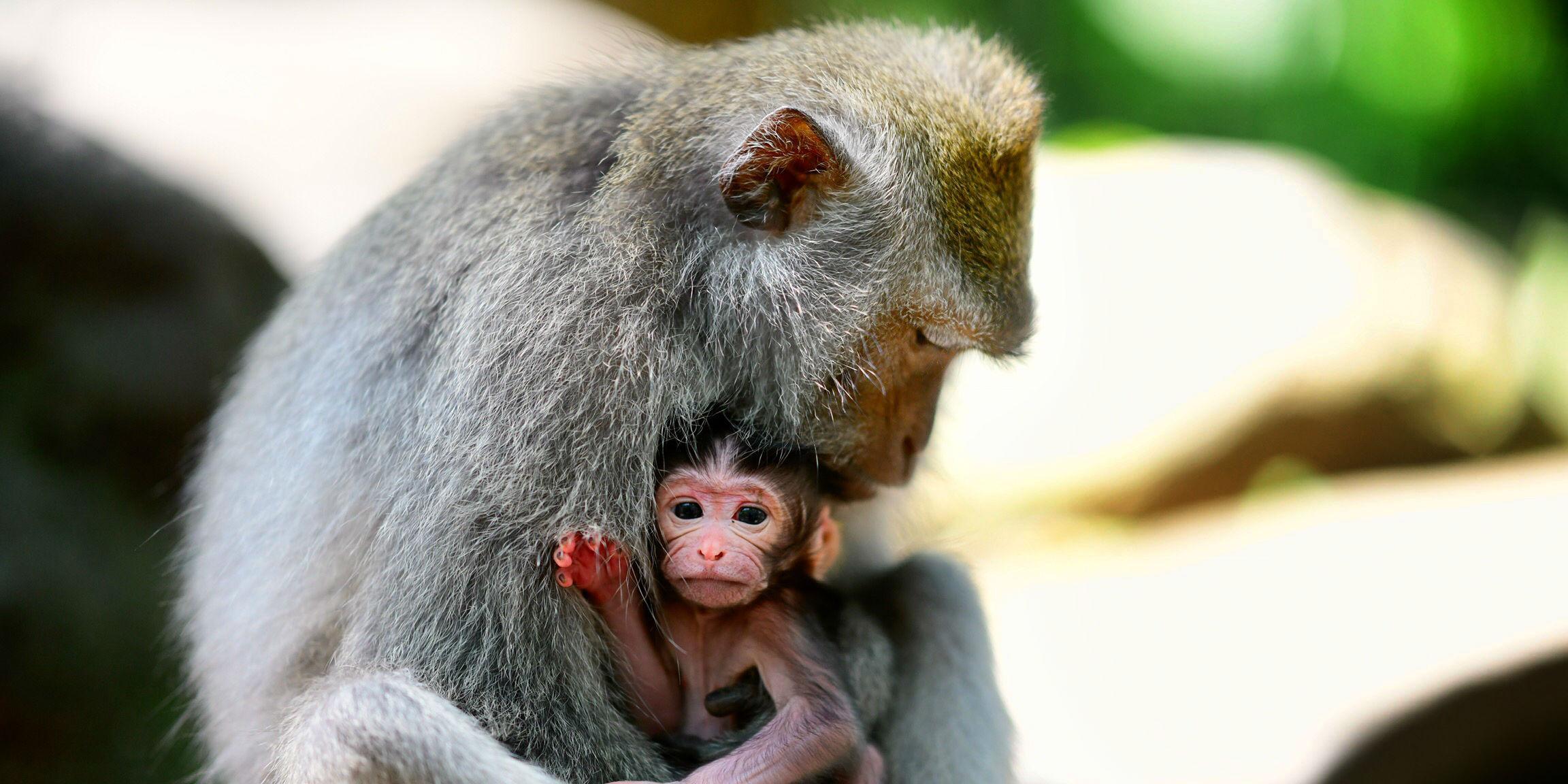
Up to one million species of animals and plants risk extinction in the world’s sixth mass die-off due to human activity, a new report by UN scientists is expected to reveal in Paris later today.
The UN’s Global Assessment Index will layout details about the loss of biodiversity and its threat to the human race on par with climate change, experts believe. The report, published Monday and the most comprehensive and damning of its kind, is expected to say that without rapid action on a global, economic and political scale, the Earth may well be heading towards an ecological disaster. The 1,800-page report took three years to research and write, and it was penned by the Intergovernmental Science-Policy Platform on Biodiversity and Ecosystem Services (IPBES). It is expected to underscore how man-made activity has destroyed nature on a mass scale, including forests, wetlands and other wild landscapes which damaged the Earth’s ability to renew air that we can breathe, productive soil and drinkable water.“The loss of species, ecosystems and genetic diversity is already a global and generational threat to human wellbeing,” said Sir Robert Watson, chairman of the Intergovernmental Science-Policy Platform on Biodiversity and Ecosystem Services (IPBES) in a paper previewing the report. Protecting the invaluable contributions of nature to people will be the defining challenge of decades to come. Policies, efforts and actions at every level will only succeed, however, when based on the best knowledge and evidence. This is what the IPBES Global Assessment provides."I would say that the report is likely to be interpreted as 'Boy, we are in trouble' but there are solutions," said the chair of IPBES Prof Sir Bob Watson before scientists met in Paris to hammer out the final details of the report. Our report will talk about to what degree are we losing biodiversity, and to what degree could we protect some of it in the future. Six hundred conservation campaigners from across 50 countries signed an open letter campaigned by WWF calling for urgent political action resulting from the findings of the report."There is still time to protect what is left and to start restoring nature," the letter says. But to do that, we must radically change the way we live, including how we use energy to power our societies, grow our food, and manage our waste… But for this to happen, we need decisive and ambitious action from world leaders. Deforestation is already putting the UK and European species at risk, including the Skylark, the small blue butterfly, bees and hedgehogs.
The UN’s Global Assessment Index will layout details about the loss of biodiversity and its threat to the human race on par with climate change, experts believe. The report, published Monday and the most comprehensive and damning of its kind, is expected to say that without rapid action on a global, economic and political scale, the Earth may well be heading towards an ecological disaster. The 1,800-page report took three years to research and write, and it was penned by the Intergovernmental Science-Policy Platform on Biodiversity and Ecosystem Services (IPBES). It is expected to underscore how man-made activity has destroyed nature on a mass scale, including forests, wetlands and other wild landscapes which damaged the Earth’s ability to renew air that we can breathe, productive soil and drinkable water.“The loss of species, ecosystems and genetic diversity is already a global and generational threat to human wellbeing,” said Sir Robert Watson, chairman of the Intergovernmental Science-Policy Platform on Biodiversity and Ecosystem Services (IPBES) in a paper previewing the report. Protecting the invaluable contributions of nature to people will be the defining challenge of decades to come. Policies, efforts and actions at every level will only succeed, however, when based on the best knowledge and evidence. This is what the IPBES Global Assessment provides."I would say that the report is likely to be interpreted as 'Boy, we are in trouble' but there are solutions," said the chair of IPBES Prof Sir Bob Watson before scientists met in Paris to hammer out the final details of the report. Our report will talk about to what degree are we losing biodiversity, and to what degree could we protect some of it in the future. Six hundred conservation campaigners from across 50 countries signed an open letter campaigned by WWF calling for urgent political action resulting from the findings of the report."There is still time to protect what is left and to start restoring nature," the letter says. But to do that, we must radically change the way we live, including how we use energy to power our societies, grow our food, and manage our waste… But for this to happen, we need decisive and ambitious action from world leaders. Deforestation is already putting the UK and European species at risk, including the Skylark, the small blue butterfly, bees and hedgehogs.